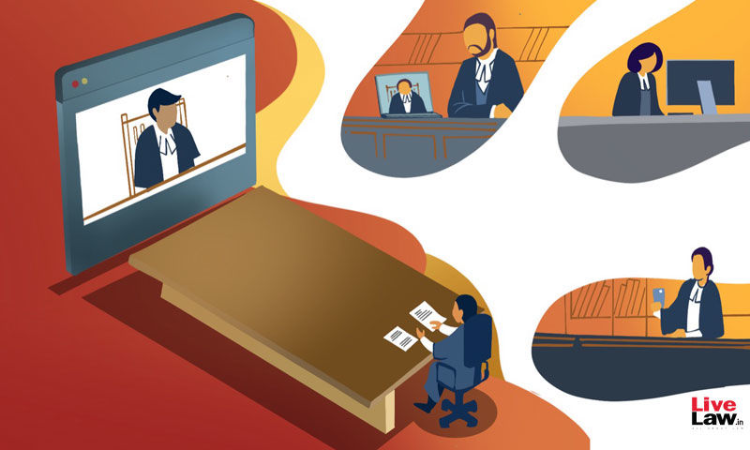The Supreme Court has agreed to hear the batch of petitions concerned with the interpretation of the Prevention of Money Laundering Act through hybrid mode on request made by one of the Senior Counsels. A Bench headed by Justice AM Khanwilkar has granted permission for the matter to be heard in hybrid mode on request made by Senior Advocate Kapil Sibal in consideration of the large volumes...

